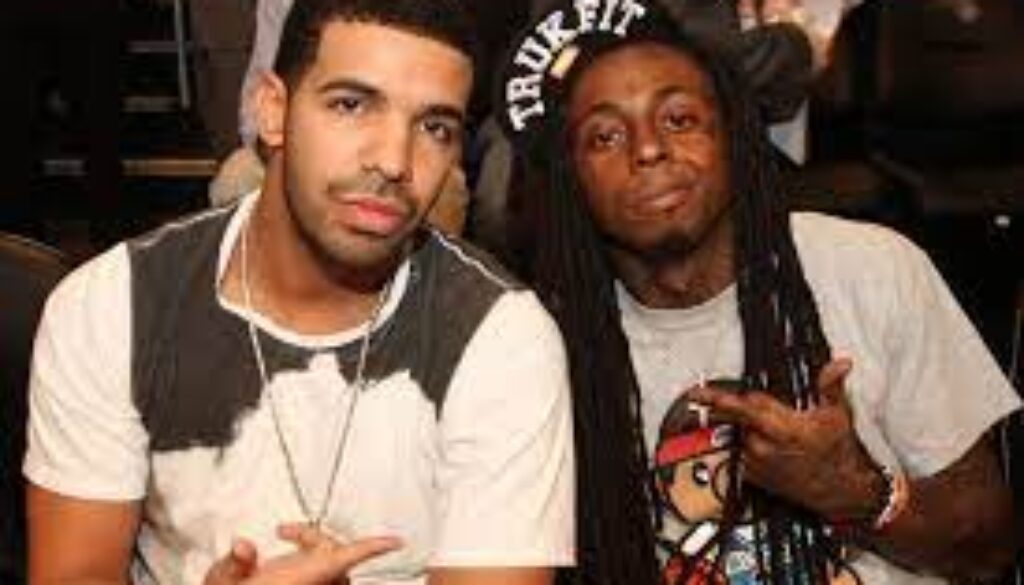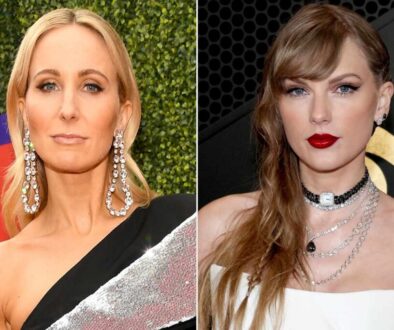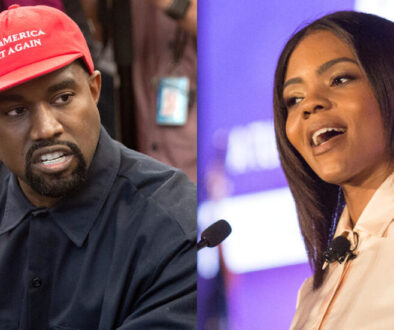Lil Wayne’s Remarks on Drake
In a recent statement, Lil Wayne touched upon an intriguing topic within the music industry – the potential influence of skin tone on an artist’s reception. Specifically, Lil Wayne suggested that Drake faces criticism because of his light skin complexion. This statement has sparked discussions about the complexities surrounding race and perception in the world of music.
Hip-hop, as a genre, has been a platform for artists to express their unique experiences and perspectives. Over the years, discussions about race and skin tone have occasionally surfaced, reflecting the broader societal conversations around identity and diversity.
Drake, a highly successful and influential artist, has risen to fame with his undeniable talent, versatility, and dedication. His impact on the hip-hop and music industry as a whole cannot be denied, but Lil Wayne’s comments raise questions about whether perceptions of skin tone can still be a factor in an artist’s career.
Colorism, the discrimination based on skin tone within the same racial group, is a longstanding issue that transcends various industries, including entertainment. Lil Wayne’s remarks invite a closer examination of how colorism may subtly influence opinions about artists.
While Lil Wayne’s statement is thought-provoking, it’s essential to approach the topic with nuance. The challenges faced by artists of varying skin tones should not overshadow their achievements and contributions. Interestingly, in a recent interview for Lil Yachty’s FUTUREMOOD series, Drake shared a humorous anecdote about a 2008 collaboration with Lil Wayne on the track “Ransom.”
In the early days, Lil Wayne mistakenly referred to Drake as “Drizzy Drake Rogers” in the song. The mix-up arose from a misunderstanding of Drake’s email address, which included “rogers” as a reference to the service provider in Canada. Drake explained that Wayne didn’t realize the “@” symbol in the email was an interference, leading him to believe that “Rogers” was part of Drake’s name.
Despite the misstep, Drake admitted that he didn’t have the heart to correct Lil Wayne, showing a sense of respect and understanding. In the track “Ransom,” Wayne rapped about the mix-up, creating a lighthearted moment in their collaboration. This revelation adds a charming layer to their dynamic, highlighting the camaraderie between the two artists.
Drake and Lil Wayne share a longstanding relationship, with Wayne signing Drake to Young Money Entertainment in 2009. Their collaboration extends over the years, with memorable tracks like “Miss Me,” “The Motto,” and “Seeing Green” alongside Nicki Minaj in 2021.
As Lil Wayne was recently honored with the Dr. Dre Global Impact Award, it’s evident that their bond and mutual respect continue to flourish. The story of the mistaken name serves as a testament to the authenticity and humor that can be found in the world of music collaborations.
As the music industry continues to evolve, it’s crucial to foster an environment where artists are celebrated for their talent and artistry, irrespective of their skin tone. Open conversations about diversity, representation, and the impact of societal attitudes can contribute to a more inclusive and supportive industry.
Lil Wayne’s remarks on Drake provide a glimpse into the ongoing discussions surrounding skin tone in the music industry. While challenges persist, there is an opportunity for positive change and a reevaluation of how artists are perceived. The focus should ultimately remain on the music, acknowledging the unique journeys and contributions of artists from all backgrounds.



